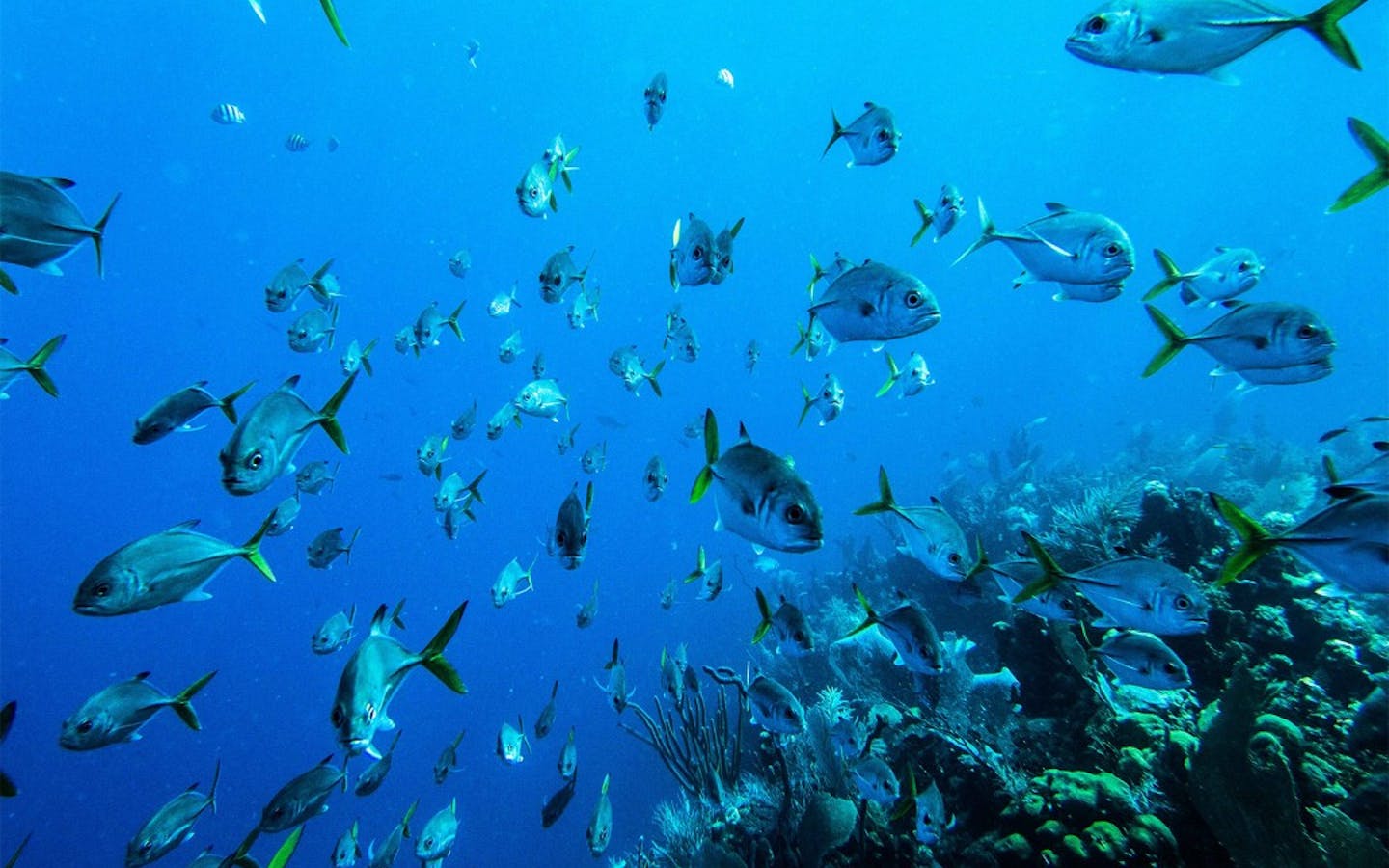
Seaspiracy – why your industry is next
The documentary Seaspiracy has captured the world's attention for a variety of competing reasons and agendas. Whether you are a fish eater, ocean enthusiast/environmentalist, or staunch vegan– everyone around the dinner table seems to have a view.
The facts are being questioned, NGOs are releasing statements distancing themselves from comments in the documentary, and even the documentary itself has had to edit out certain pieces of misinformation.
Controversy aside, Seaspiracy is the latest example of how a social conscience can be forced upon entire industries and individual companies that are too slow to change. Global industries can no longer stick their head in the sand and hope that these controversies won't happen to them, it’s open season on anyone that fails to live up to society’s expectations.
The saying – how you operate today matters tomorrow, rings true. Institutional investors are making decisions based on companies' environmental and sustainability practices. Governments and local regulators are granting licences to operate based on what companies are willing to contribute back into the local society, while consumers are making value-based purchase decisions instead of on price and convenience.
Examining the current impact of this documentary on the seafood industry, I think it is fair to say it is net/net, despite the awareness created. There will be greater scrutiny in some markets moving forward, and some companies will be forced to make improvements through either legislation or consumer and NGO pressure. In contrast, other markets and operators will very quickly revert to business as usual as the public attention quickly shifts to the next ‘cause de jour’.
However, if you are a company already doing the right thing, the extra scrutiny and global attention could be a huge opportunity rather than a crisis. Companies willing to embrace the challenge laid out will thrive. This is relevant to all industries in today's environment, where your social licence to operate is just as important as getting through the commercial red tape.
A social licence runs deeper than just throwing money at the problem or offsetting poor practices with investment into CSR.
It starts at the heart of the business – having a clear and well-defined purpose that is socially connected and relevant to the company is fundamental to any business looking for transformational change. It is about better understanding all stakeholders and their competing needs and challenges and then building a holistic strategy that allows it to meet each essential stakeholder group's needs in a mutually connected rather than transactional way.
Ultimately companies need to build a bank of social capital with each stakeholder group. This will put them in a position that will keep their business relevant to the right people, weather storms like Seaspiracy and outstrip industry peers that fail to recognise that it is an essential business requirement to make a positive contribution to society.


